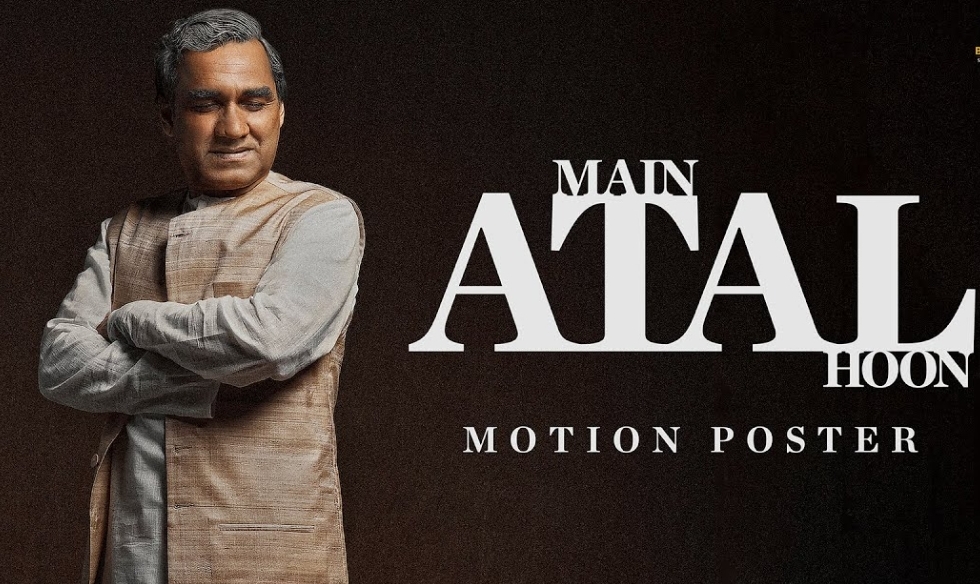“Main Atal Hoon” presents a mostly praising portrayal, rather than a critical analysis, of Atal Bihari Vajpayee’s vibrant personality. The film, based on journalist Sarang Darshane’s biography, offers a chance to discover the friendly force behind the growth of right-wing politics in India. From his early days as a poet near the Yamuna River to witnessing India’s independence, the film touches on Vajpayee’s unique perspective. He empathizes with the laborers who built the Taj Mahal and, on Independence Day, hears from a tea seller that he couldn’t understand Nehru’s English speech.
Vajpayee becomes a voice for an alternative idea of India, blending liberalism and Hindutva. However, after a promising start, the movie shifts to a routine collection of Vajpayee’s speeches and achievements, available online. It lacks depth in exploring how Vajpayee’s conservative views developed or how his worldview was shaped. The film plays it safe, avoiding discussions on Vajpayee’s thoughts on Gandhi or his friendships across the political spectrum, including with Sikandar Bakht. It doesn’t delve into how some of his liberal ideas faced opposition within the RSS, his parent organization.
Pankaj Tripathi does well in capturing Vajpayee’s magnetic persona, showcasing the oratory skills that held audiences captive. Despite not gaining weight to depict an older Vajpayee, Tripathi convincingly portrays his changing mood, mannerisms, and calm resilience in times of crisis. The film, however, falls short in providing a deeper understanding of Vajpayee’s conservative ideology and the complexities of his relationships within the political landscape.
